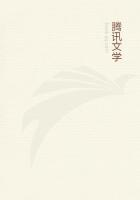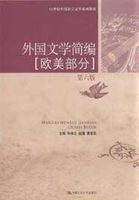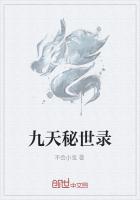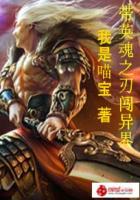If any particular language be studied, it is seen that the words of which it is composed change rather slowly in the course of ages, while the images these words evoke or the meaning attached to them changes ceaselessly.This is the reason why, in another work, I have arrived at the conclusion that the absolute translation of a language, especially of a dead language, is totally impossible.What do we do in reality when we substitute a French for a Latin, Greek, or Sanscrit expression, or even when we endeavour to understand a book written in our own tongue two or three centuries back? We merely put the images and ideas with which modern life has endowed our intelligence in the place of absolutely distinct notions and images which ancient life had brought into being in the mind of races submitted to conditions of existence having no analogy with our own.When the men of the Revolution imagined they were copying the Greeks and Romans, what were they doing except giving to ancient words a sense the latter had never had? What resemblance can possibly exist between the institutions of the Greeks and those designated to-day by corresponding words? A republic at that epoch was an essentially aristocratic institution, formed of a reunion of petty despots ruling over a crowd of slaves kept in the most absolute subjection.These communal aristocracies, based on slavery, could not have existed for a moment without it.
The word "liberty," again, what signification could it have in any way resembling that we attribute to it to-day at a period when the possibility of the liberty of thought was not even suspected, and when there was no greater and more exceptional crime than that of discussing the gods, the laws and the customs of the city? What did such a word as "fatherland" signify to an Athenian or Spartan unless it were the cult of Athens or Sparta, and in no wise that of Greece, composed of rival cities always at war with each other? What meaning had the same word "fatherland"among the ancient Gauls, divided into rival tribes and races, and possessing different languages and religions, and who were easily vanquished by Caesar because he always found allies among them?
It was Rome that made a country of Gaul by endowing it with political and religious unity.Without going back so far, scarcely two centuries ago, is it to be believed that this same notion of a fatherland was conceived to have the same meaning as at present by French princes like the great Conde, who allied themselves with the foreigner against their sovereign? And yet again, the same word had it not a sense very different from the modern for the French royalist emigrants, who thought they obeyed the laws of honour in fighting against France, and who from their point of view did indeed obey them, since the feudal law bound the vassal to the lord and not to the soil, so that where the sovereign was there was the true fatherland?
Numerous are the words whose meaning has thus profoundly changed from age to age--words which we can only arrive at understanding in the sense in which they were formerly understood after a long effort.It has been said with truth that much study is necessary merely to arrive at conceiving what was signified to our great grandfathers by such words as the "king" and the "royal family."What, then, is likely to be the case with terms still more complex?
Words, then, have only mobile and transitory significations which change from age to age and people to people; and when we desire to exert an influence by their means on the crowd what it is requisite to know is the meaning given them by the crowd at a given moment, and not the meaning which they formerly had or may yet have for individuals of a different mental constitution.
Thus, when crowds have come, as the result of political upheavals or changes of belief, to acquire a profound antipathy for the images evoked by certain words, the first duty of the true statesman is to change the words without, of course, laying hands on the things themselves, the latter being too intimately bound up with the inherited constitution to be transformed.The judicious Tocqueville long ago made the remark that the work of the consulate and the empire consisted more particularly in the clothing with new words of the greater part of the institutions of the past--that is to say, in replacing words evoking disagreeable images in the imagination of the crowd by other words of which the novelty prevented such evocations.The "taille" or tallage has become the land tax; the "gabelle," the tax on salt; the "aids," the indirect contributions and the consolidated duties; the tax on trade companies and guilds, the license, &c.
One of the most essential functions of statesmen consists, then, in baptizing with popular or, at any rate, indifferent words things the crowd cannot endure under their old names.The power of words is so great that it suffices to designate in well-chosen terms the most odious things to make them acceptable to crowds.
Taine justly observes that it was by invoking liberty and fraternity--words very popular at the time-- that the Jacobins were able "to install a despotism worthy of Dahomey, a tribunal similar to that of the Inquisition, and to accomplish human hecatombs akin to those of ancient Mexico." The art of those who govern, as is the case with the art of advocates, consists above all in the science of employing words.One of the greatest difficulties of this art is, that in one and the same society the same words most often have very different meanings for the different social classes, who employ in appearance the same words, but never speak the same language.



